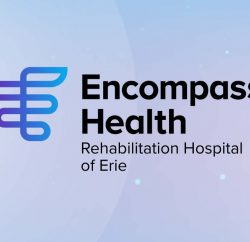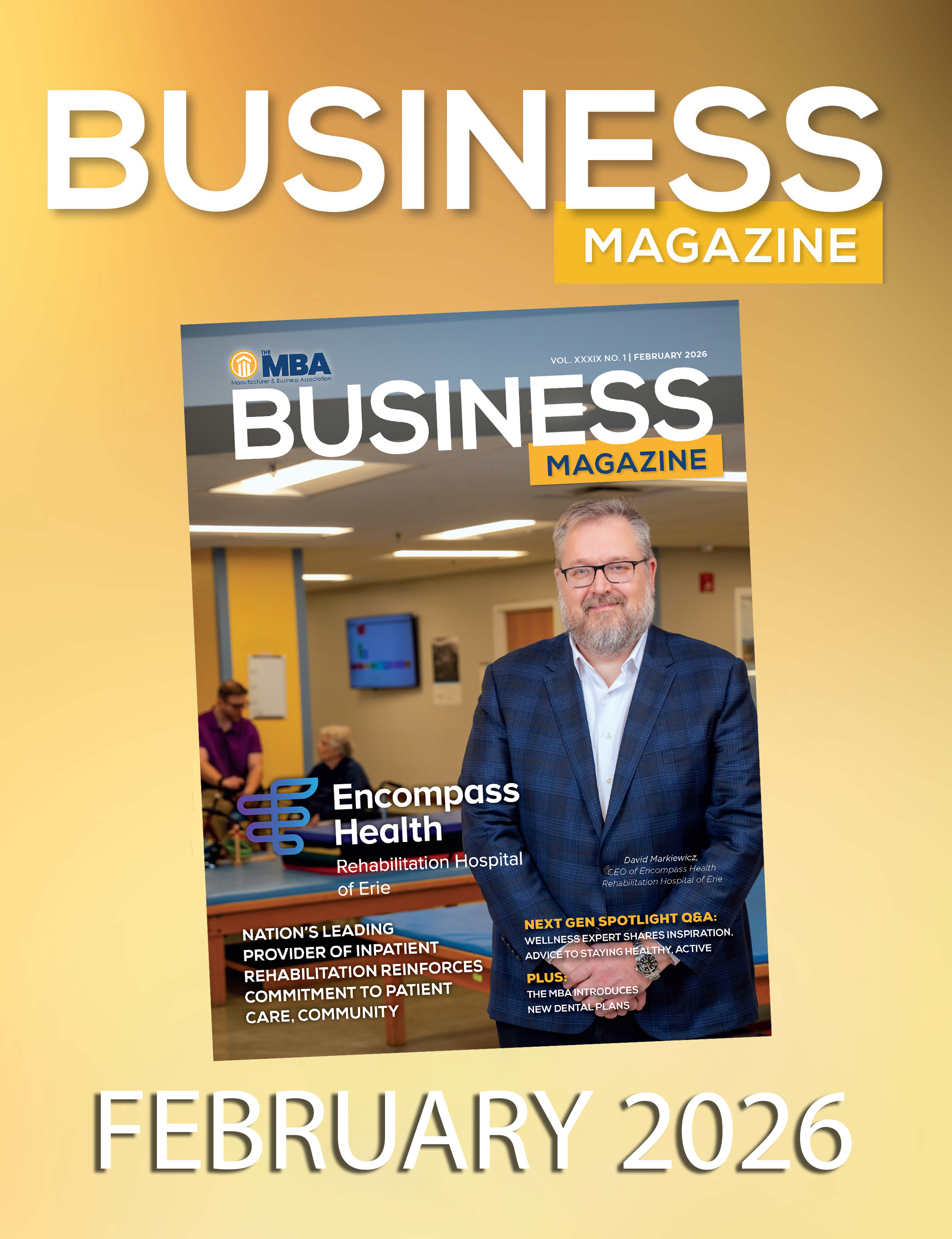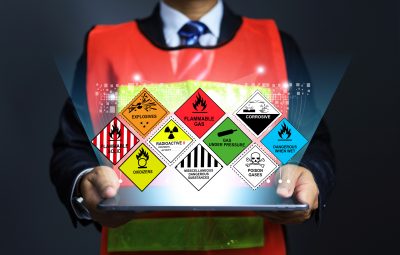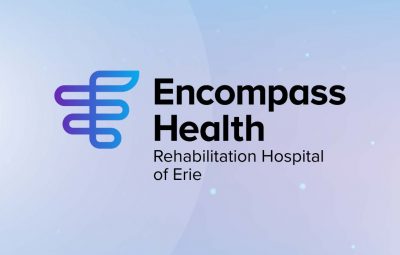While manufacturing remains a core industry in northwest Pennsylvania, the region is scattered with rusty, dusty and dilapidated buildings marking the landscape with remnants of its booming industrial past. As factories closed, the population in the City of Erie declined dramatically. These vacant facilities in Erie aren’t unique and now characterize the “rust belt” moniker attributed to the once prosperous industrial heartland of America.
The region has made significant progress through the use of a myriad of economic development programs to rehabilitate the region, making it a better place to work and live to both attract new employers and retain existing ones. However, the progress has been slow and uncertain, as population continues to decline and projects take, often times, decades to plan and execute.
The landscape of economic development in northwest Pennsylvania, however, has recently changed.
In December, Erie received state approval for the creation of a City Revitalization and Improvement Zone (“CRIZ”) — the first such approval for any community in western Pennsylvania. The CRIZ is an area of approximately 130 acres within the City of Erie. Over the 30 years of its existence, an estimated $15 million a year (adjusted annually for inflation) of tax revenue will be captured and returned to the CRIZ for eligible projects. The result will be steady and continuous investment in economic and community development at a level the region has never seen, spurring additional public and private development and freeing up non-CRIZ economic development dollars that would have been used in the zone to be used elsewhere in the region.
While development in the CRIZ is limited to 130-acres within the City of Erie, this development will help make the region a better place to work and live, allowing us to shake our rust belt identity and have a rippling effect throughout the region.
CRIZ funds may be utilized for commercial, mixed-use, industrial, recreational, sports, hospitality, conference or office projects and related infrastructure within the zone, as well as to purchase new equipment for a business in the zone. Taking into account the minimum private match of at least $1 to every $5 of CRIZ funds, a minimum of $18 million of development will occur each year for the next three decades. Adjusted for inflation, the level of investment over the next 30-years could reach over $1 billion. Moreover, this economic impact could be “front loaded” through the issuance of bonds supported by the CRIZ funding stream.
This level of investment will not only accelerate projects, but also allow for economic and community development at a level and quality not previously possible. Think bigger. Think better. Think of the places you’ve visited with vast amenities, cutting-edge infrastructure and a robust, growing economy and population. Why not here? We have breathtaking outdoor spaces, robust cultural and historical offerings, quality education and health- care systems, and, compared to many places, we have a low cost of living and low cost of doing business. The CRIZ can be a catalyst for the transformation of the region.
Ideas that once may have been considered daydreams, can now become a reality. Projects that could not otherwise pencil out, now, with the support of CRIZ funding, are feasible. The CRIZ can accelerate growth and revitalize the region by developing projects at a level not previously possible, attracting new businesses, creating jobs and growing our population.
Beginning in October 2026, and each year thereafter for the next 30 years, the CRIZ authority will receive funding. If that funding is not budgeted, allocated or appropriated by the end of each year, it must be sent back to the state. The CRIZ needs a pipeline of projects to effectively utilize funds over the lifespan of the program. The community must plan now for the influx of investment to come. Think big, think better and bring proposals to the CRIZ Authority.
MacDonald Illig assisted in organizing and obtaining state approval for the CRIZ and serves as its solicitor. Please contact the CRIZ authority if you have any questions, or learn more about the CRIZ at eriecriz.org.
Brian Cressman is a partner at MacDonald Illig Attorneys and a member of the firm’s Business Transactions, Trusts & Estates, Real Estate, and Education Law Practice Groups.


















